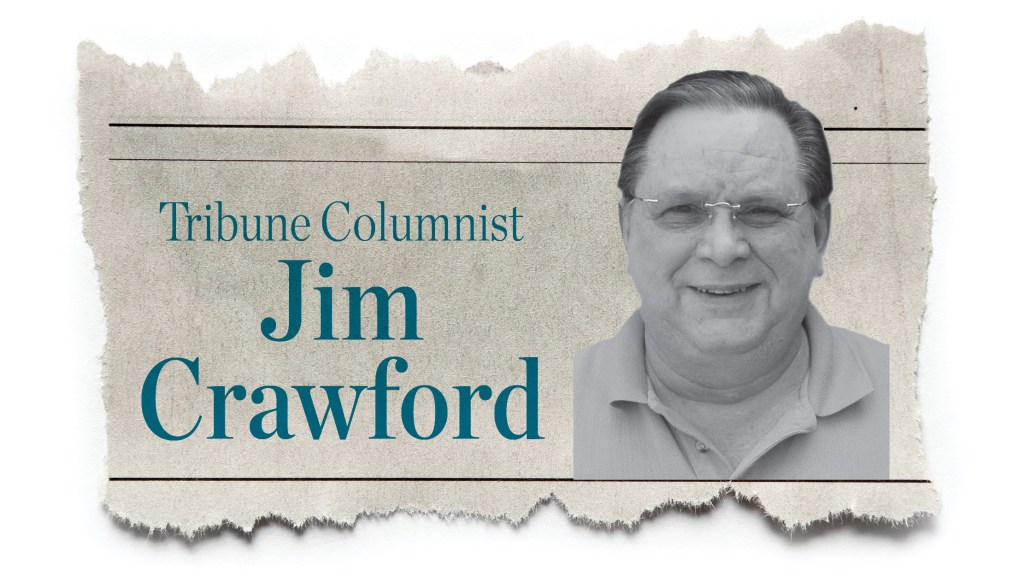Jim Crawford: Government facts and fictions
Published 12:00 am Wednesday, July 9, 2025
It is no secret to most working Americans that something is amiss in what we have coined “The American Dream.”
Young families cannot afford to buy their first home and too many cannot find affordable healthcare or childcare. And, literally, in America, the rich are getting richer and the poor are getting poorer. So, it is reasonable to ask, what role does the federal government have in this shift in economic outcomes?
The answers suggest that our federal government is more getting in the way of our prosperity than supporting solutions that would benefit individuals and families in America. While the Washington folks tell us that the worlds’ largest economy cannot afford Medicaid or food for the hungry, other, poorer nations, offer their citizens considerably more benefits than are available to Americans.
Trending
Consider the following:
Childcare: Most developed nations subsidize childcare with up to 1.5 percent of GDP. The U.S. spends only 0.3 percent of GDP subsidizing childcare, costing parents more than their peers around the developed world.
Paid family leave: 37 of 38 OECD nations offer paid maternity leave for up to 12 months at 80-100 percent of income. The U.S. provides no help to new families here.
Healthcare: Every developed nation but the U.S. provides universal healthcare and all at a lower cost to the nation than U.S. citizens pay. We pay more and, overall, have less access for our citizens.
Prescriptions: If you live in the U.S., you pay 4.2 times more for branded prescriptions than is average worldwide. Overall, here, where more innovation happens, we pay more than everyone on the planet for pharmaceuticals, limiting access to life-saving drugs. Wegovy. in the U.S. currently costs over $1,300 monthly, while in the United Kingdom, the average price is $225 per month. Why do we pay so much more? The pharmaceutical industry has more influence over Congress than voters have.
Job training. Most developed nations provide free or highly subsidized job training programs, some funded by employers. Here, individuals take on personal debt to gain job skills.
Trending
Living wage: Most nations protect workers with a higher living wage than the U.S. In France the living wage is about $14 per hour; in the United Kingdom, the living wage is approximately $16 per hour. In the U.S. the minimum wage is not a living wage at $7.25 per hour.
From a national lens, the U.S. has among the smallest and least generous social safety net in the world. The U.S. spends about 18 percent of GDP on the social safety net; most European countries pay 25-30 percent.
The United States ranks dead last among OECD countries in reducing poverty through taxing and transfer policies, a trend accelerated this week by President Trump’s new budget.
The relative poverty rate in the US is approaching 18 percent by far the highest of developed nations and triple that of Denmark or Ireland. The child poverty rate in America is the highest among 25 nations, at 21.9 percent. The average rate is 11.7 percent.
The only thing that is less expensive for America today is the cost of food, where the national average is only 6.8 percent of GDP. This is the result of highly efficient farming technology and competitive industry.
All of this is to suggest that our President and Congress are costing Americans prosperity by prioritizing tax cuts for the wealthy, more funding the peacetime military, more walls that do not work on the Southern border and more prisons for those who simply sought a better life.
The facts suggest our elected officials are not serving us well, the fiction is we keep re-electing them, believing they work for us.
Jim Crawford is a retired educator and political enthusiast living here in the Tri-State.






